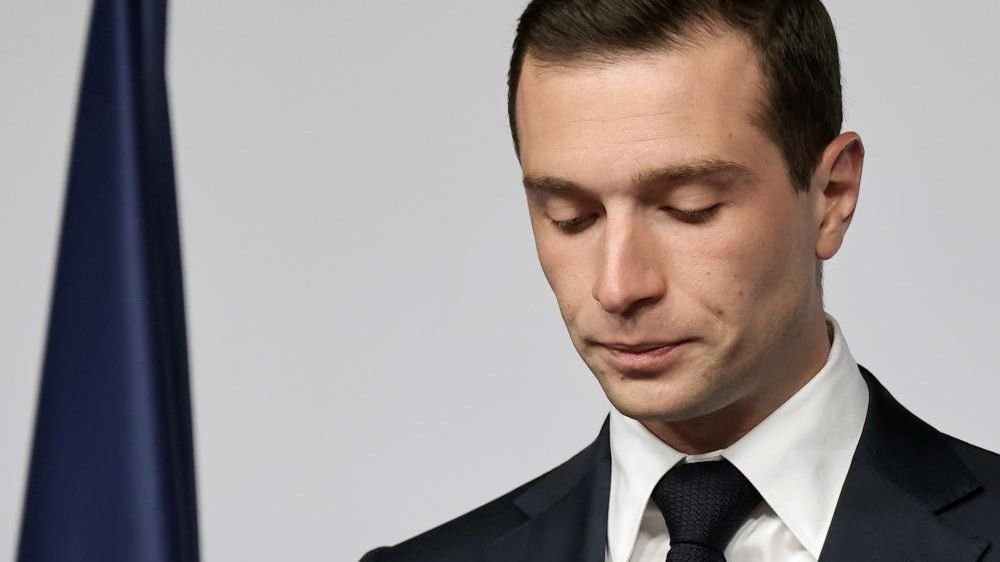France’s Bold Move: Rejecting Far Right Again in Historic Election
News Today: France Rejects Far Right Party Again
In a decisive move, French voters have once again rejected the far-right National Rally (RN), reducing their seats to around 150, far below the predicted 300. This outcome highlights the electorate’s reluctance to embrace the far-right, either due to opposing its ideas or fearing potential unrest.
The RN attributes their defeat to other parties forming an anti-RN coalition, uniting despite their differences. This temporary alliance, spanning from the centre-right to the Trotskyist left, signifies a broader consensus against the far-right. Despite criticisms of this coalition’s lack of unity, the message is clear: France does not want the far right in power.
The current political landscape in France is fragmented, with three major blocs (left, far-right, and centre) and the centre-right vying for influence. President Macron’s call for a period of apaisement, or conciliation, aims to foster negotiations and form a new government. The upcoming period, stretching through the Olympics and summer holidays, offers time for political recovery and reconstruction.
With no single party holding dominance, France is likely to shift towards a more parliamentary system. Power will increasingly rest with the new government leader, potentially diminishing Macron’s influence. Despite this, Macron’s strategic gamble to prevent a far-right government has paid off, reaffirming his belief in the French electorate’s aversion to the far-right.
As France navigates this new political terrain, the future remains uncertain. Who will lead the new government? How will the various political forces negotiate their differences? Only time will tell as France embarks on this period of political reconstruction.





Leave A Comment